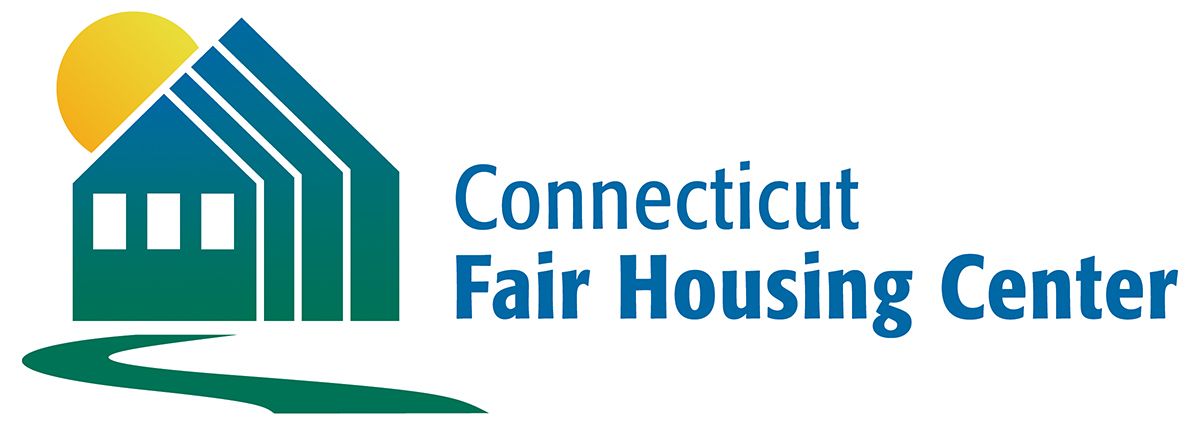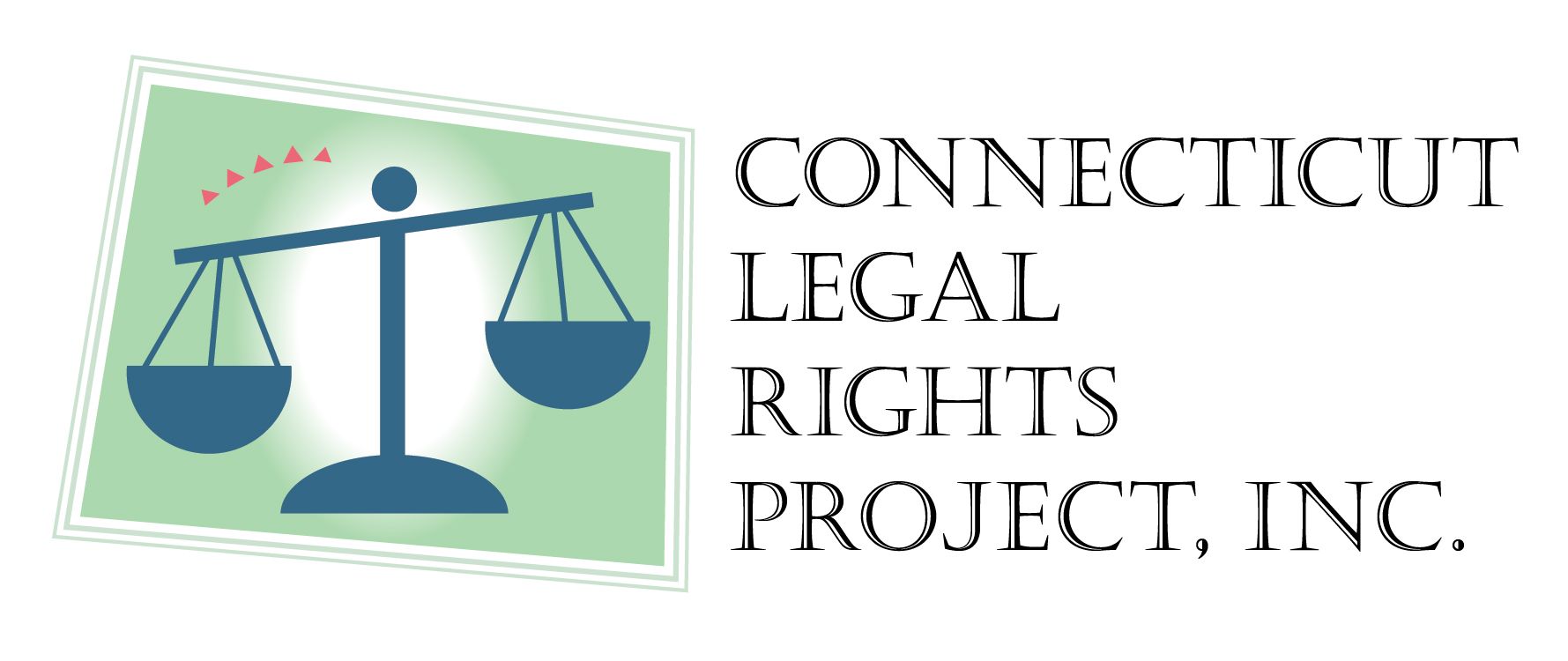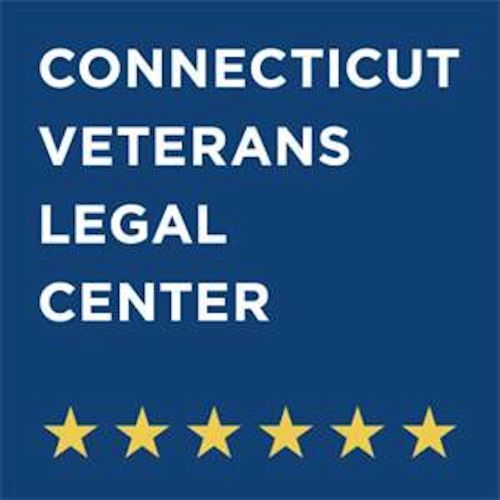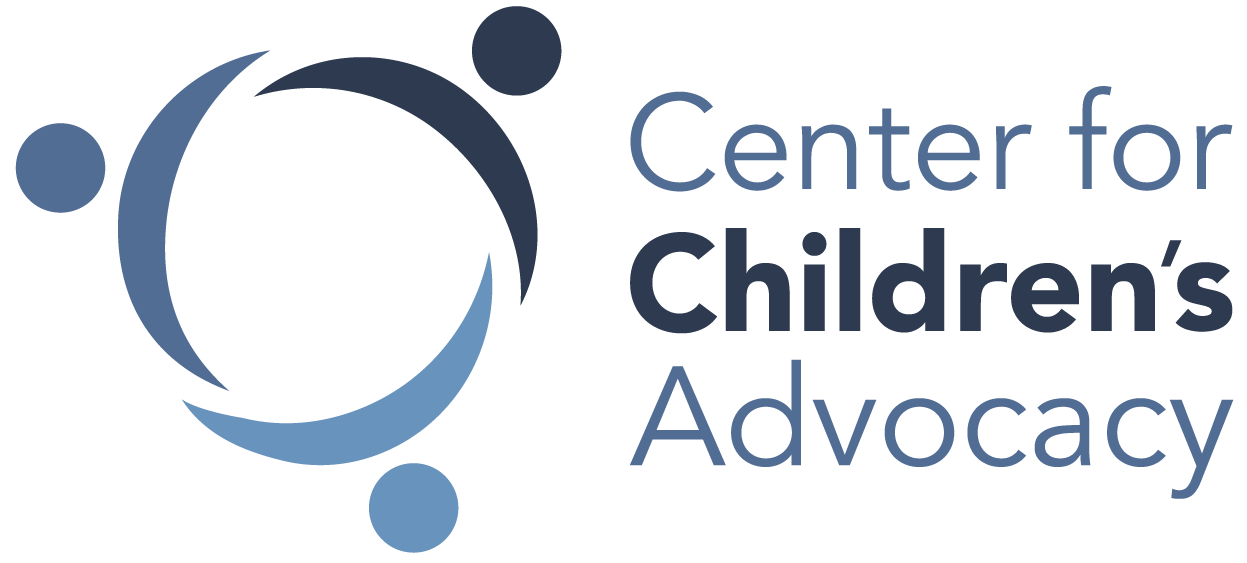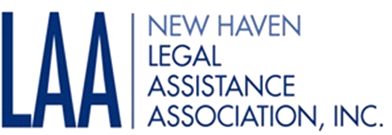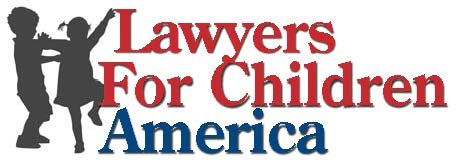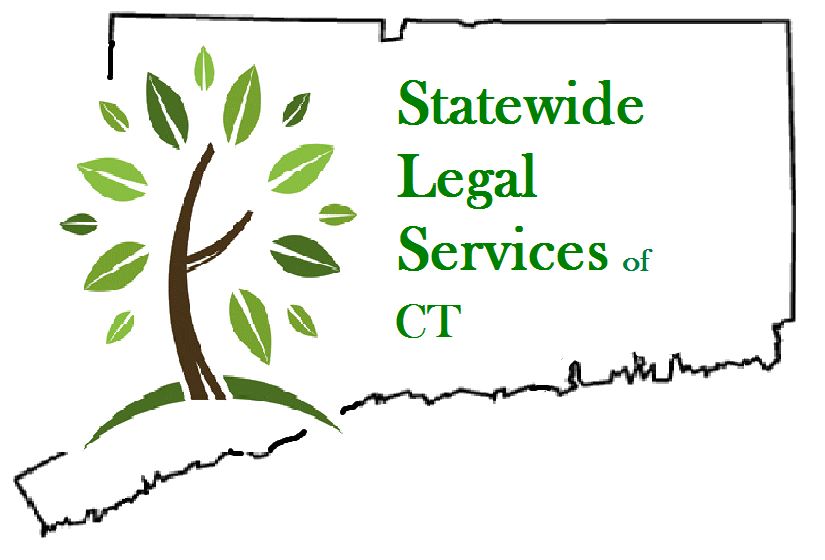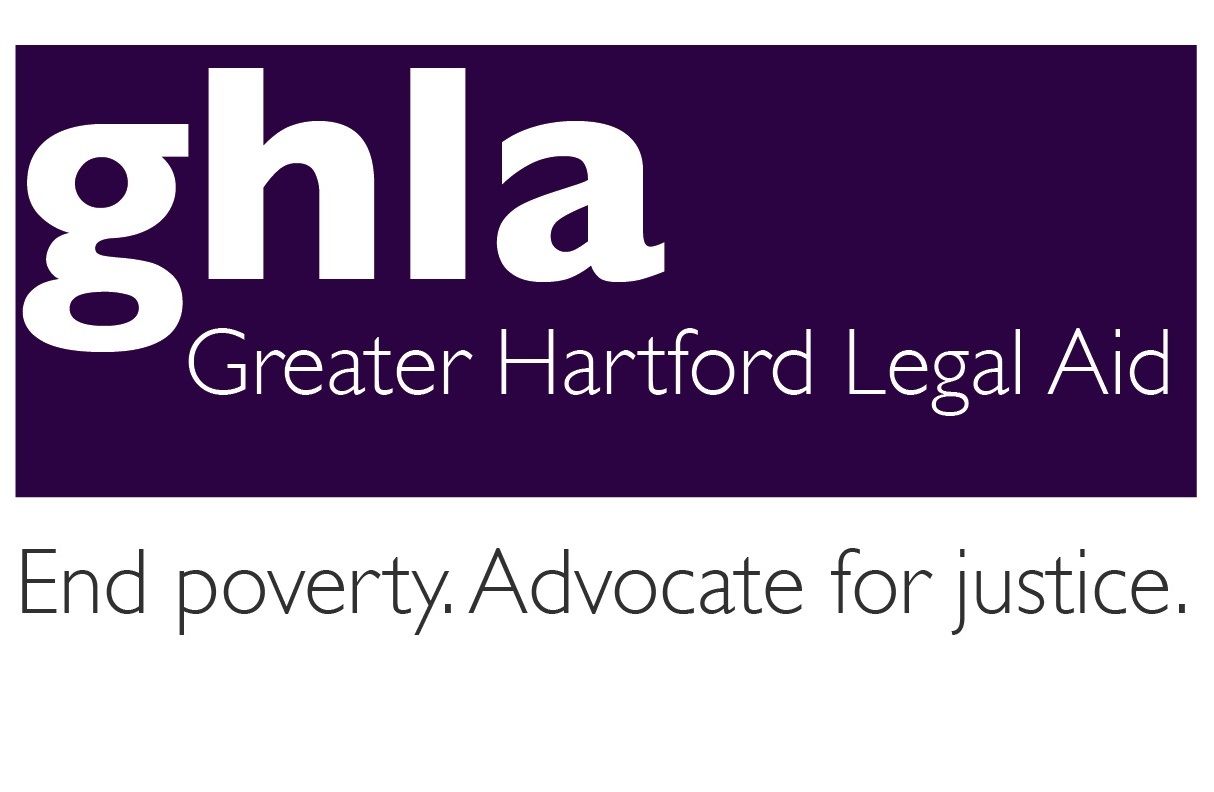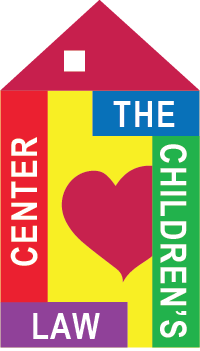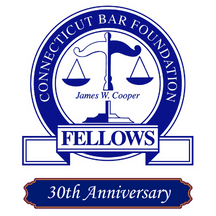
Fellows Spotlight
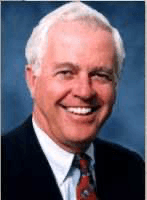
Attorney William H. Clendenen Jr.
Clendenen & Shea LLC
- Why did you choose the legal profession as a career?
I chose the legal profession as a career because of my mother, she was my inspiration. I considered being a history professor, but history was never entirely “my thing.” I attended Providence College for my undergraduate, majoring in history and thomistic philosophy. I loved the mind games in philosophy and it’s helped me a lot as a lawyer.
- What do you enjoy most about being an attorney?
I like people. What I like about being a lawyer is working with people, who often reach out to you when they’re in trouble. People let you inside their lives, asking you to help them work through their problems. Having people trust you is a gift. I also like being in the courtroom, it’s a lot of fun. To be on your feet, thinking, using your mind, reacting, and interacting with the jury and the judge is an exciting challenge. I’ve been an attorney for over fifty years and love it.
- What is the biggest challenge you have faced in the legal profession?
The biggest challenge I’ve faced in the legal profession is learning the profession. It’s an ongoing learning experience. When people ask me why I’m still practicing law, I joke and tell them that law is exactly that – practice – meaning I haven’t gotten it right yet. In law school, I met a man who was a priest, Father Albert Brodrick, who inspired me to work in legal services for poor people. It was a challenge. After I graduated, there were the riots in DC that burned down the whole neighborhood I had helped. I received a fellowship from UPenn law to learn poverty law, ending up in New Haven where I worked with farm workers in Fresno, California. The challenge is helping people who are basically helpless, at least economically. It’s not always possible to succeed. These projects fail as often as we succeed. You don’t learn a lot from success, but you do from failure.
- What do you like most about Connecticut?
I was born and raised in Connecticut, spending most of my time here. I love Connecticut, it’s a nice place to be. I’ve met some great people and the opportunities to practice law in New Haven were really exciting. Yale Law School set a great tone here and we’ve had the benefit of wonderful judges and court systems.
- Please share any community service you have participated in and are most proud of. Why is the Fellows Program special to you? Please share any favorite Fellows-related memory (an event, a fellow Fellow, etc.), or tell us about your favorite Fellows program/event/committee that you attended or worked on.
My friend Judge Raymond Norco and I developed the Fellows Program to support legal services for economically disadvantaged people. We faced initial resistance from the organized bar but persisted in creating a program that would provide access to justice for all. The Fellows was established to address the lack of access to legal services for low-income individuals in Connecticut. The Fellows achieved much success in changing the legal landscape, particularly through landmark cases like Bodhi v. Connecticut, which eliminated filing fees for poor people, and Frederick v. Force, which expanded access to legal representation. The Fellows has continued to grow over these past thirty years, culminating in a 2017 task force that secured $20 million in funding for access to justice initiatives. I’ve met so many great and talented people who are Fellows. It’s truly incredible to see leading attorneys and judges, an “army” of sorts, to join together and help those who are in need of legal services. The Fellows is a template for the future, it is a legacy that must continue.
- Do you have any thoughts about, or ideas or visions for, the future of the Fellows program?
I would like the Fellows to ensure that no economically disadvantaged person in Connecticut is denied access to a lawyer when they have to go to court. That’s my hope. The courts should be open to everyone, no matter economic status. That would ensure race, ethnicity, sex, and condition are not taken advantage of. I believe we, as lawyers and Fellows, can work towards this goal.
- Is there a fun fact about yourself that you would care to share with other Fellows?
When I was president of the Connecticut Bar Foundation, I took down my old photo which was of me riding an elephant in Thailand.

